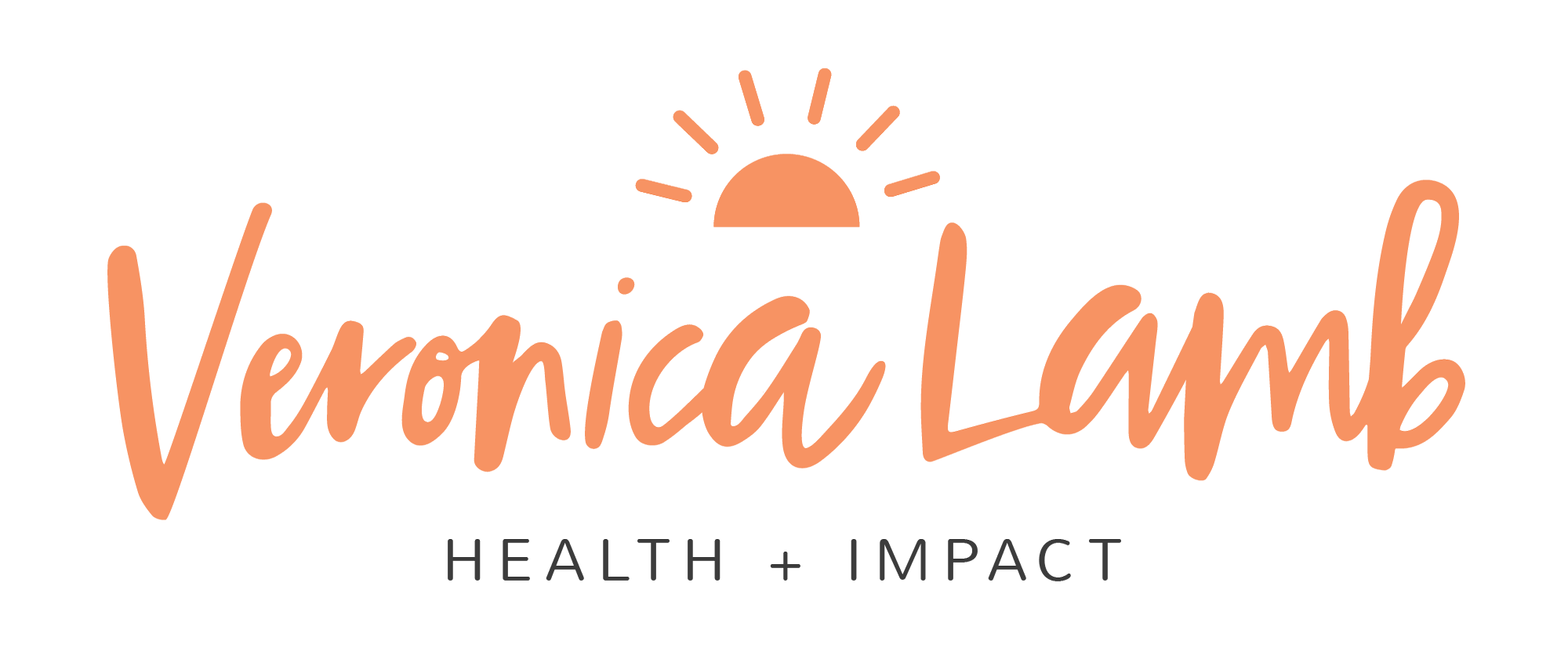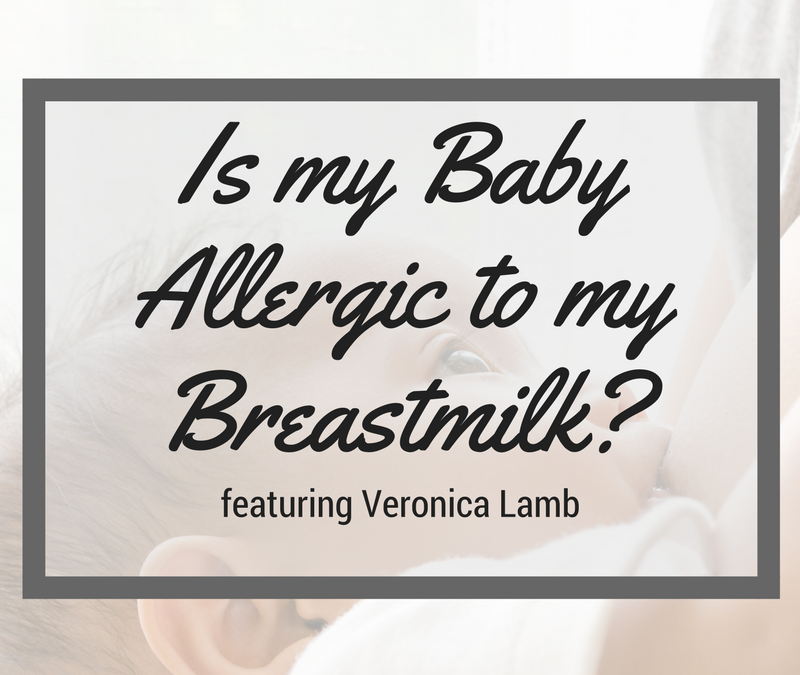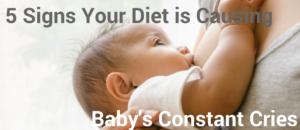Is my baby allergic to my breastmilk??
If you’re asking yourself this question I’m guessing you’re seeing some red flags and have some concerns about how your breastmilk is affecting baby. Irritability? Congestion? Skin or Diaper Rashes? Gassy or Blowout Diapers. Something is probably going on, but first, let’s just put your mind to ease. Your baby is not allergic to “you”.
However, there is a real question to consider – Is your baby allergic to something in your breastmilk? The answer – Possibly. Let’s look at some other questions and break this issue down.
What’s in your breastmilk?
Proteins from the food you eat pass from your digestive system into your blood. Your blood is actually what your breastmilk is made from, so those proteins will show up in your breastmilk.
Why would that cause a reaction in baby?
Your baby’s digestive system may not be able to handle the proteins coming through your breastmillk and these can cause painful reactions in your baby. Technically, a limited digestive disturbance is considered a food intolerance and a true allergy affects multiple organs and the reactions are usually severe. You can check out this article by Mayo Clinic for a clear definition between intolerances and allergies. For now, let’s just say that any reaction to food proteins in breastmilk would be a sign of a “food sensitivity” in your baby.
How can I tell if my baby is food sensitive?
Parents typically notice symptoms in their baby across 5 common categories.
- Irritability/Uncontrollable Crying
- Digestive Issues
- Skin Issues
- Sleep Issues
- Symptom Patterns.
Most often, food sensitive babies exhibit more than one of these symptoms. The parents have symptoms too. Mom, in particular, usually has a gut feeling that something isn’t right and can be utterly exhausted from constantly holding, rocking, bouncing, doing everything in her power to try to soothe baby.
Unfortunately, other well-meaning parents, friends, or family members dismiss the symptoms saying “Oh, its just colic. They’ll grow out of it.” Or “It’s just a growth spurt.” Or recently people have been saying “It’s just a PURPLE baby or PURPLE crying.” (PURPLE is just the newest label for colic and neither helps baby or mom get any relief.) Sometimes you hear really unhelpful statements like – “Yep, a mom’s work is never done. Better get used to it.” or the worst statement – “Your baby is just spoiled because you hold him/her all the time.” While those friends or family members are possibly trying to be helpful, all of those statements keep parents from seeing the connection to food sensitivities through the breastmilk and often increase feelings of despair.
What if I do suspect food sensitivities?
Contact your pediatrician. Keep a food & symptom journal every day. Look for patterns in baby’s reactions. Try an elimination diet. Dairy is the most common sensitivity, but wheat, gluten, soy, eggs, nuts… all the common allergens are showing up more and more frequently as a food sensitivity through breastmilk for babies. The truth is that a baby could be sensitive to any food, but focusing on the most common allergens is the best start.
What can I expect from our pediatrician?
Definitely, talk to your pediatrician. I’m not a doctor, just a mom sharing what I’ve learned along our journey. I will say that the response of pediatricians varies greatly. Some might immediately suggest you quit giving your baby breastmilk and switch to formula. Others may encourage you to immediately start an elimination diet. While some may not believe anything you eat could affect your baby through your breastmilk. If you want to try eliminating some foods from your diet just to see how your baby reacts, then ask the pediatrician if they have any concerns with you experimenting in cutting out certain foods. Of course, always consult with your own doctor too before making major lifestyle changes.
Will my baby have sensitivities forever?
No, most likely not. Most babies, fortunately, do grow out of their sensitivities. This means moms can often start adding items back into their diet later and their babies no longer react to those proteins in the breastmilk.
Helpful Resources
Check out my support package for breastfeeding moms – It has a symptom checker, a video going into detail on the 5 symptoms along with a 5 step solution process, AND you get my food & symptom daily journal so you can track a whole day on one sheet and easily see patterns.
For more about utilizing food journals – check out this Facebook live where I show how I found patterns for my little one.
Join us for Milk Talk Mondays at 7:30pm EST every Monday on our FB page. It’s a hangout, a live discussion, and Q&A where breastfeeding moms gather to talk about our food sensitive babies and share tips.
I hope you found this helpful and look forward to seeing you in our Milk Talk Mondays sessions. Drop a comment below and let me know how you liked this post.
Peace, Love & Aloha!
Veronica Lamb
More from Radiant Life Consulting…
Wondering if your baby has a food sensitivity?
Grab the FREE Video, Quiz and Worksheet Now!
- 5 Signs of a Sensitivity,
- 5 Action Steps
- Symptom quiz
- Food & Symptom Journal




My baby has sensitivities that I did not figure out for the longest time because I was told her eczema was “normal”! 🙁 🙁
I hate it when we get told that poor health is normal! I’m so glad you finally figured it out! A mama’s instincts should never be underestimated.
Eczema seems to be an under diagnosed sign of milk
Allergies for many of the moms I’ve connected with.
Absolutely! Unfortunately, eczema often gets missed as a food reaction and moms are stuck with seeing their little ones suffer through steroid creams, wet wraps, and bleach baths. My heart just breaks for them.